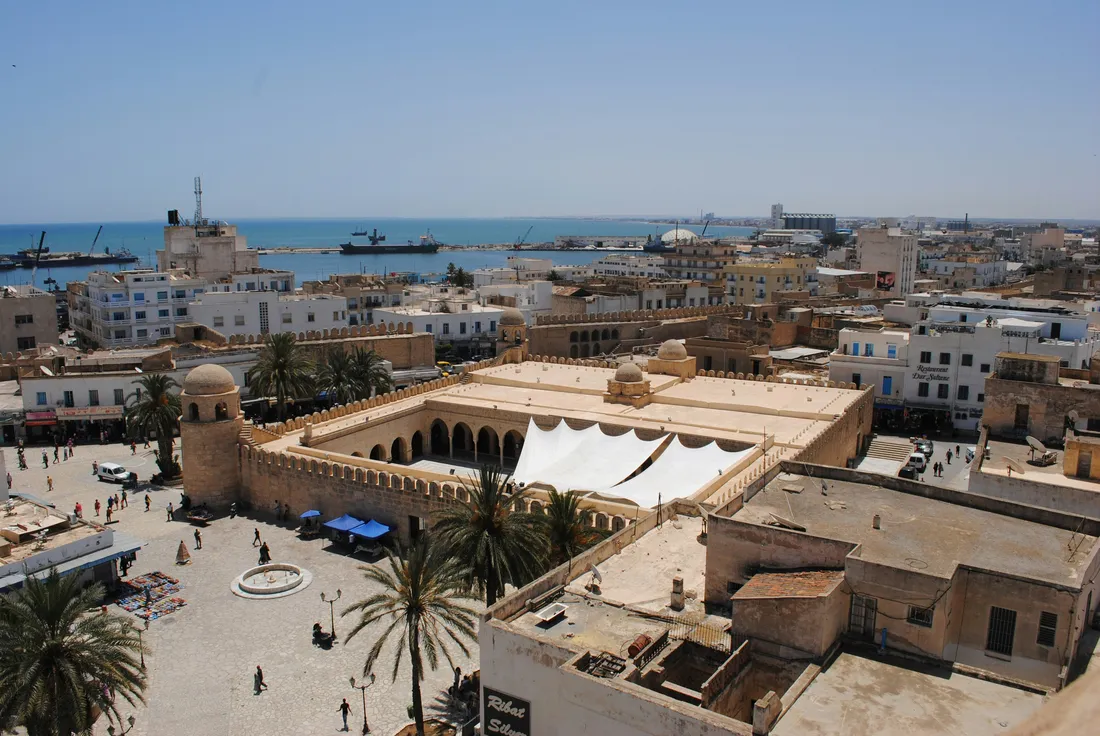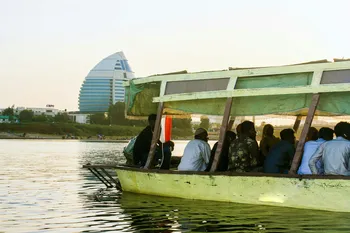
Valued at nearly $24 million, this project represents a concerted effort to combat climate change, enhance biodiversity, and improve the livelihoods of rural communities through the restoration of degraded forest landscapes and the development of sustainable value chains.
Project Overview and Goals
The primary objective of the PARFD project is to restore degraded forest ecosystems and bolster climate resilience across rural Tunisia. It adopts an integrated, value chain-based approach that strategically links ecological restoration with economic empowerment. By focusing on sustainable value chains for high-value crops, the project aims to protect vital natural resources while creating economic opportunities for local populations.
This initiative aligns closely with Tunisia's national development priorities, including the ambitious 2030 Sustainable Development Strategy and the country's commitment to achieving a 45% reduction in carbon intensity by 2030. The project is expected to contribute significantly to these targets by enhancing carbon sequestration and improving the adaptive capacity of vulnerable communities to the impacts of climate change.
Funding and Partnerships
The PARFD project is a collaborative effort, financed through a combination of international and national contributions. The total estimated cost is $23.72 million, equivalent to over 73 million Tunisian dinars. The bulk of the funding, $17 million, is provided by the African Development Bank (AfDB) through the Climate Investment Funds' Strategic Climate Fund. The Tunisian Government demonstrates its commitment by contributing $6.06 million, while the direct project beneficiaries are also contributing $660,000, fostering a sense of ownership and participation.
The project is being implemented through a partnership between the Government of Tunisia, primarily through the Ministry of Agriculture, Water Resources and Fisheries, and the African Development Bank Group. A key aspect of the implementation strategy is an innovative public-private partnership model that actively involves Tunisian farmers in the rehabilitation of private lands adjacent to state-owned forests.
Scope and Expected Outcomes
Spanning a 25-year horizon, the PARFD project sets forth concrete targets aimed at achieving measurable environmental and socio-economic impacts across the governorates of Béja, Siliana, and Bizerte. Key expected outcomes include:
- Restoration or stabilization of 33,200 hectares of land, with 2,450 hectares specifically on private land under sub-projects focused on agroforestry, forestry, and the cultivation of aromatic and medicinal plants.
- Training of 42,000 individuals in sustainable land management practices, building local capacity for long-term environmental stewardship.
- Sequestration of an estimated 32 million tonnes of carbon, making a substantial contribution to climate change mitigation.
- Creation of nearly 4,500 green jobs, providing new economic opportunities in rural areas and promoting a transition to a greener economy.
- Strengthening of food and water security in vulnerable communities.
- Overall improvement of household livelihoods and poverty reduction in the targeted regions.
The project's focus on integrating sustainable agroforestry and forestry practices into existing agricultural systems is a critical element in achieving these multifaceted outcomes. By promoting the development of sustainable value chains for high-value crops, the project not only supports environmental restoration but also enhances the economic viability of rural activities.
Context and Broader Implications
The PARFD project is situated within the broader context of Tunisia's engagement with initiatives like the Forest Investment Program (FIP). Documents such as the Project Appraisal Report offer deeper insights into the project's design, environmental and social safeguards, and alignment with national strategies for forest and landscape restoration.
The involvement of various stakeholders, including government bodies, local communities, civil society organizations, research institutes, and development partners, has been integral to the project's design and is crucial for its successful implementation and long-term sustainability. The project's Category 2 environmental and social risk categorization, as detailed in relevant safeguard documents, indicates a moderate level of potential impact that requires careful management and monitoring.
The project also implicitly supports efforts to combat forest fires, a significant challenge in Tunisia, by promoting healthier and more resilient forest ecosystems.
The launch of the Agroforestry and Degraded Forest Landscape Restoration (PARFD) project marks a significant step forward for Tunisia in addressing the interconnected challenges of environmental degradation, climate change, and rural poverty. With robust funding, clear objectives, and a collaborative approach involving government, development partners, and local communities, the project holds considerable promise for restoring vital ecosystems, enhancing climate resilience, and revitalizing rural economies over the next quarter-century. Its success will not only contribute to Tunisia's national development goals but also serve as a valuable model for integrated landscape restoration and sustainable development in the region.







